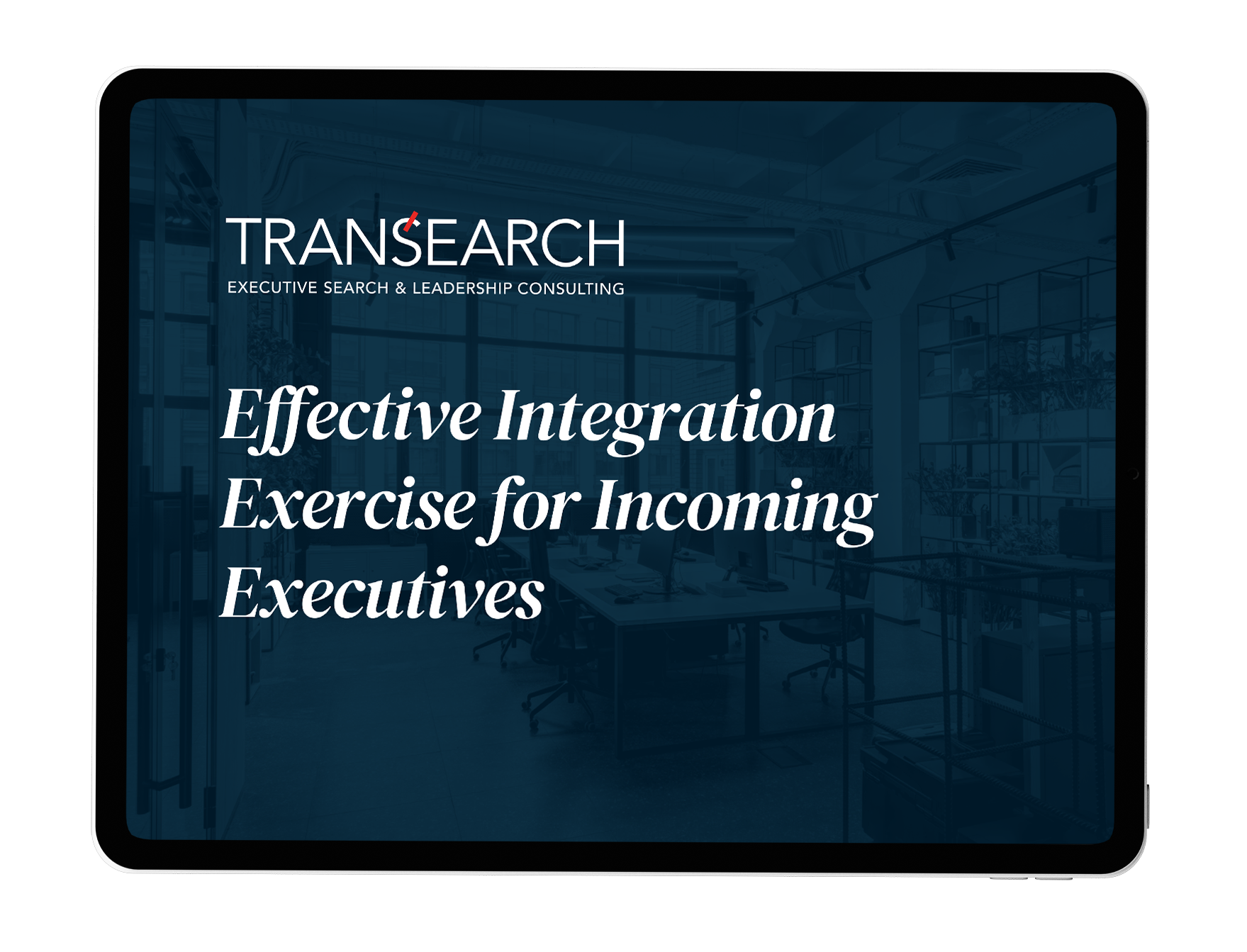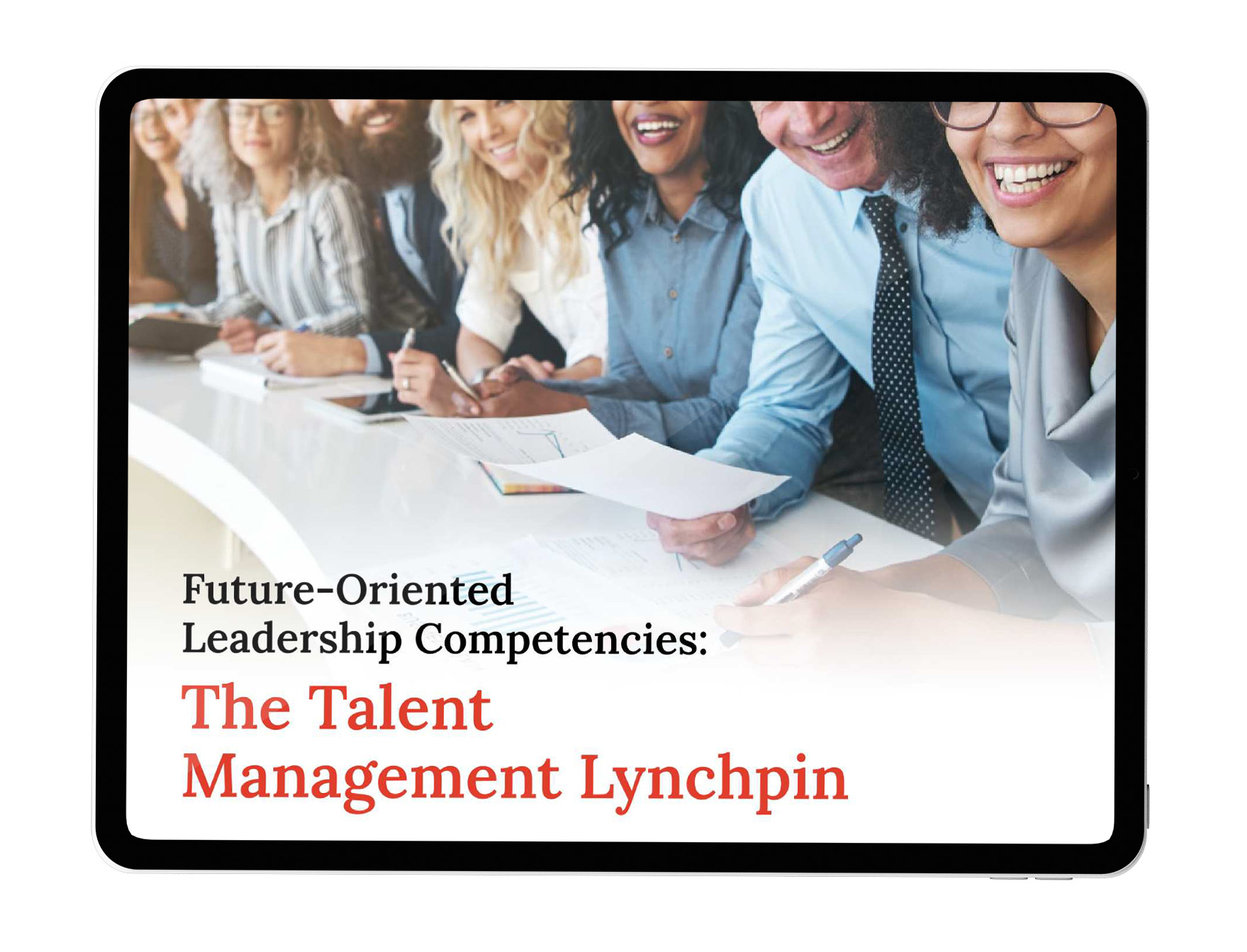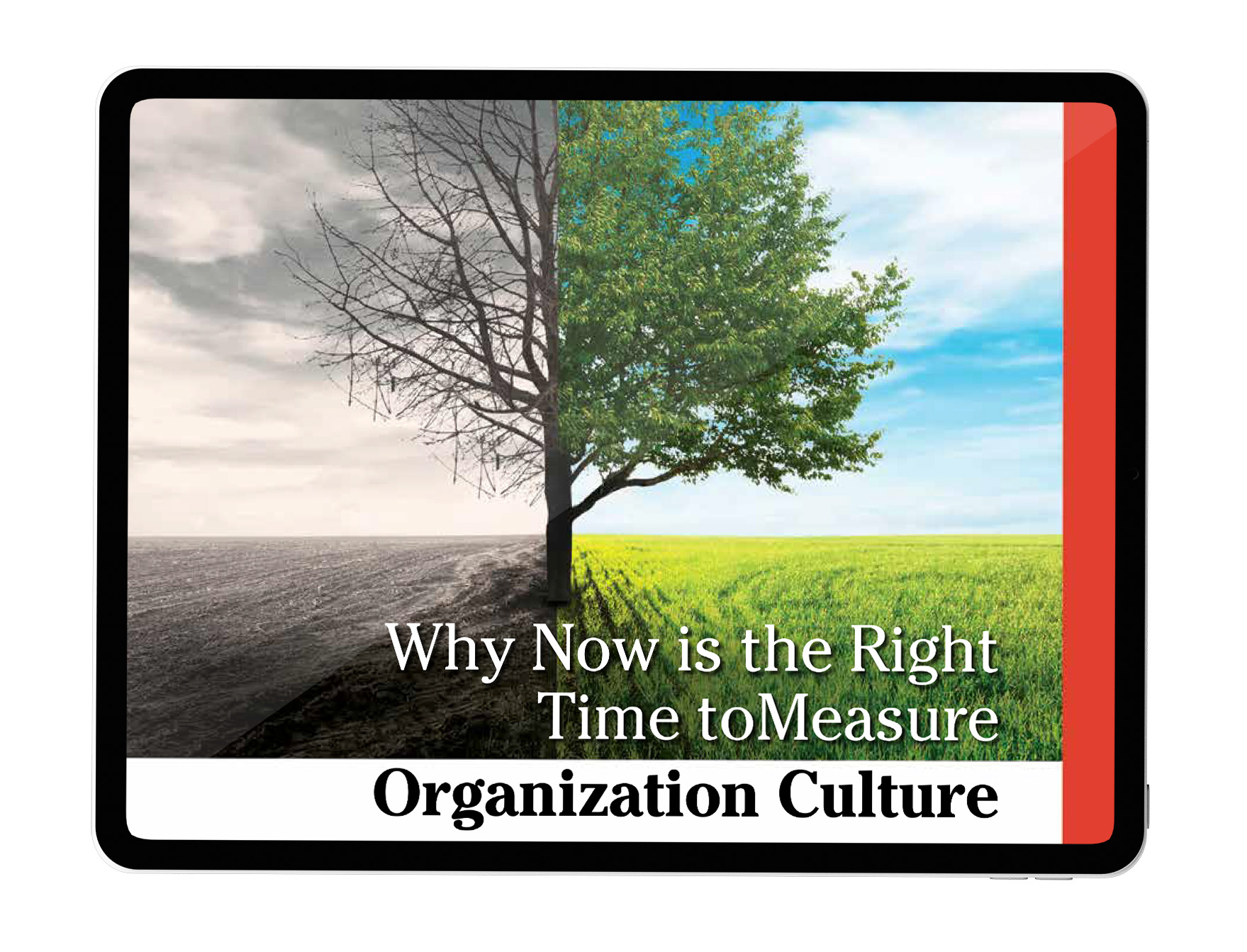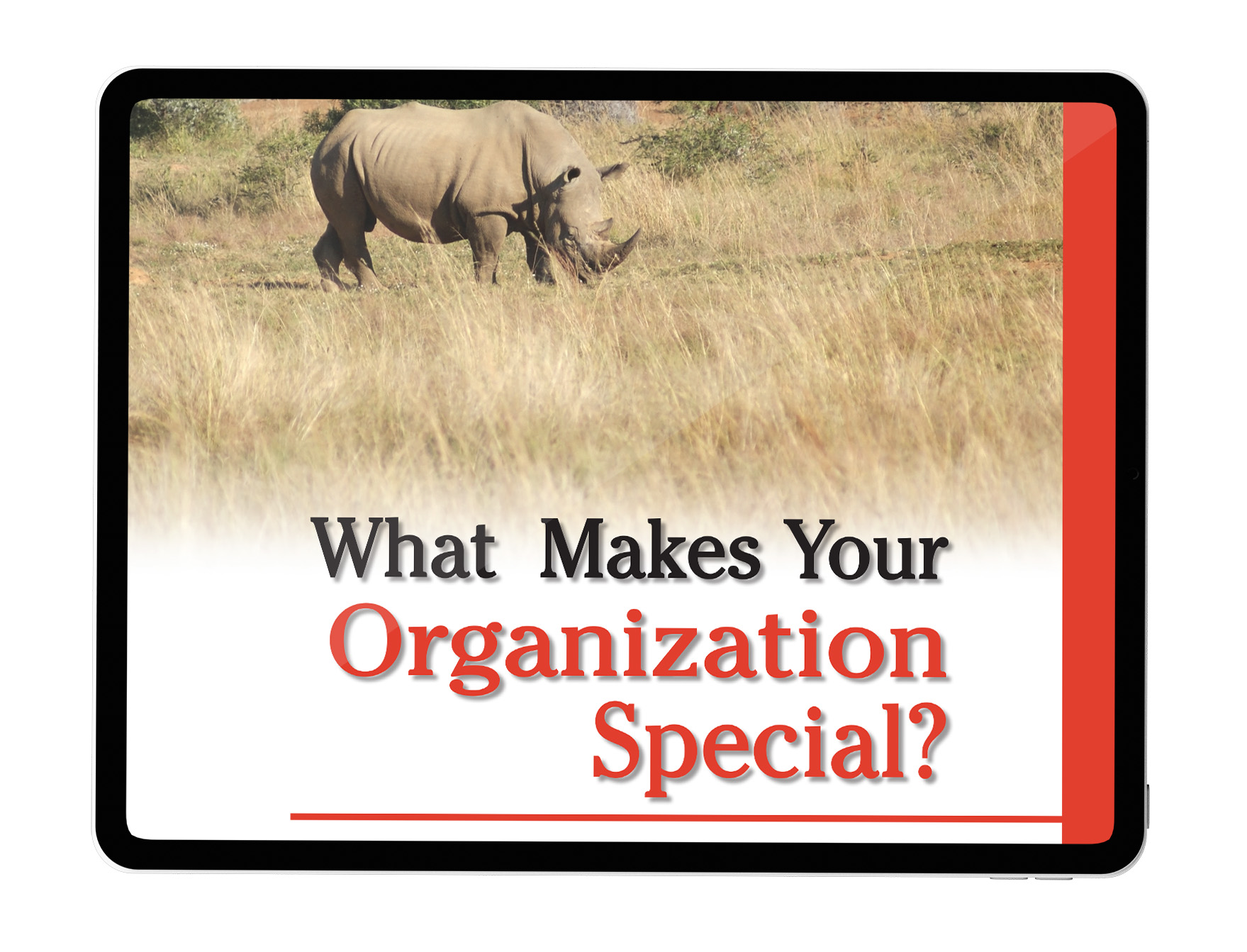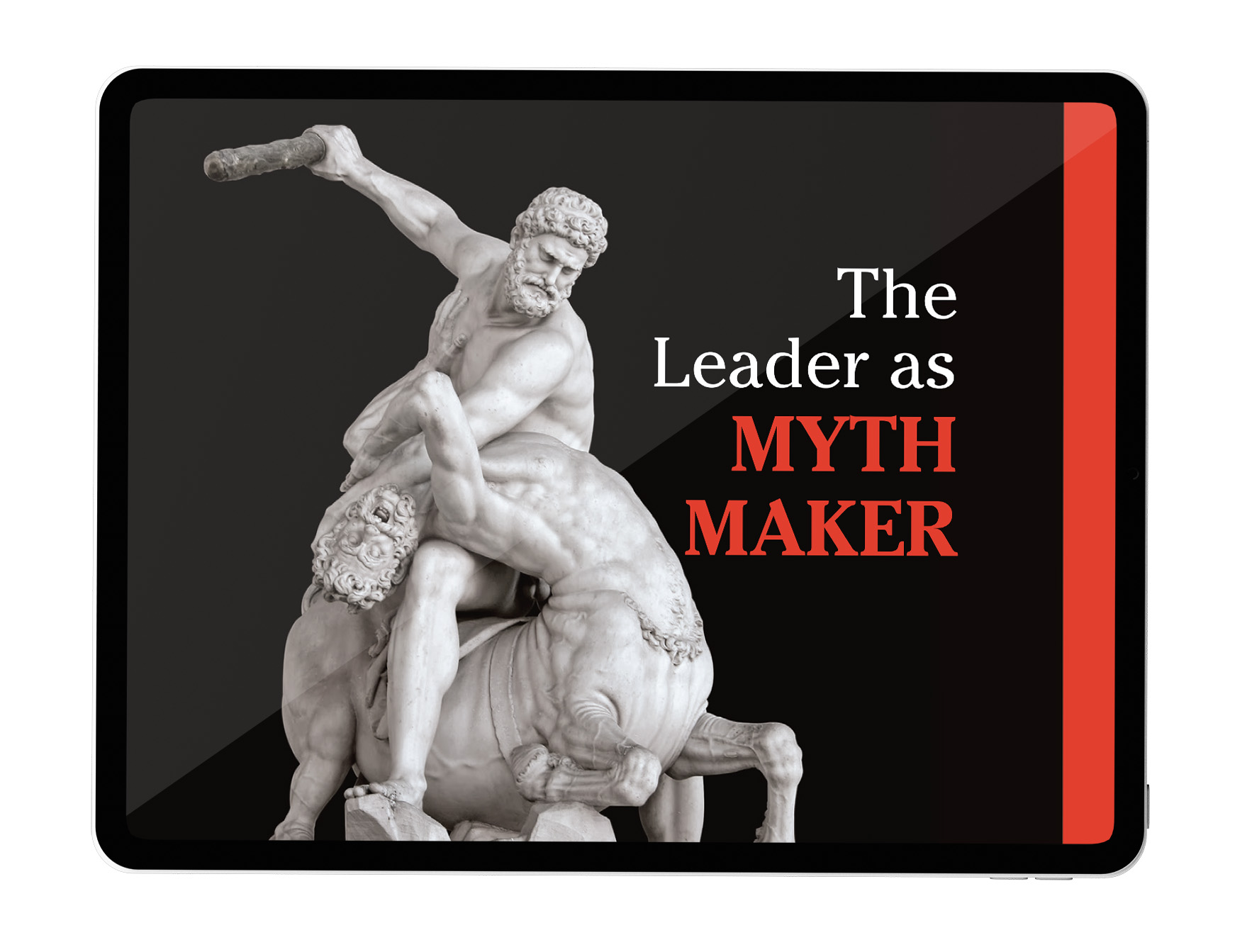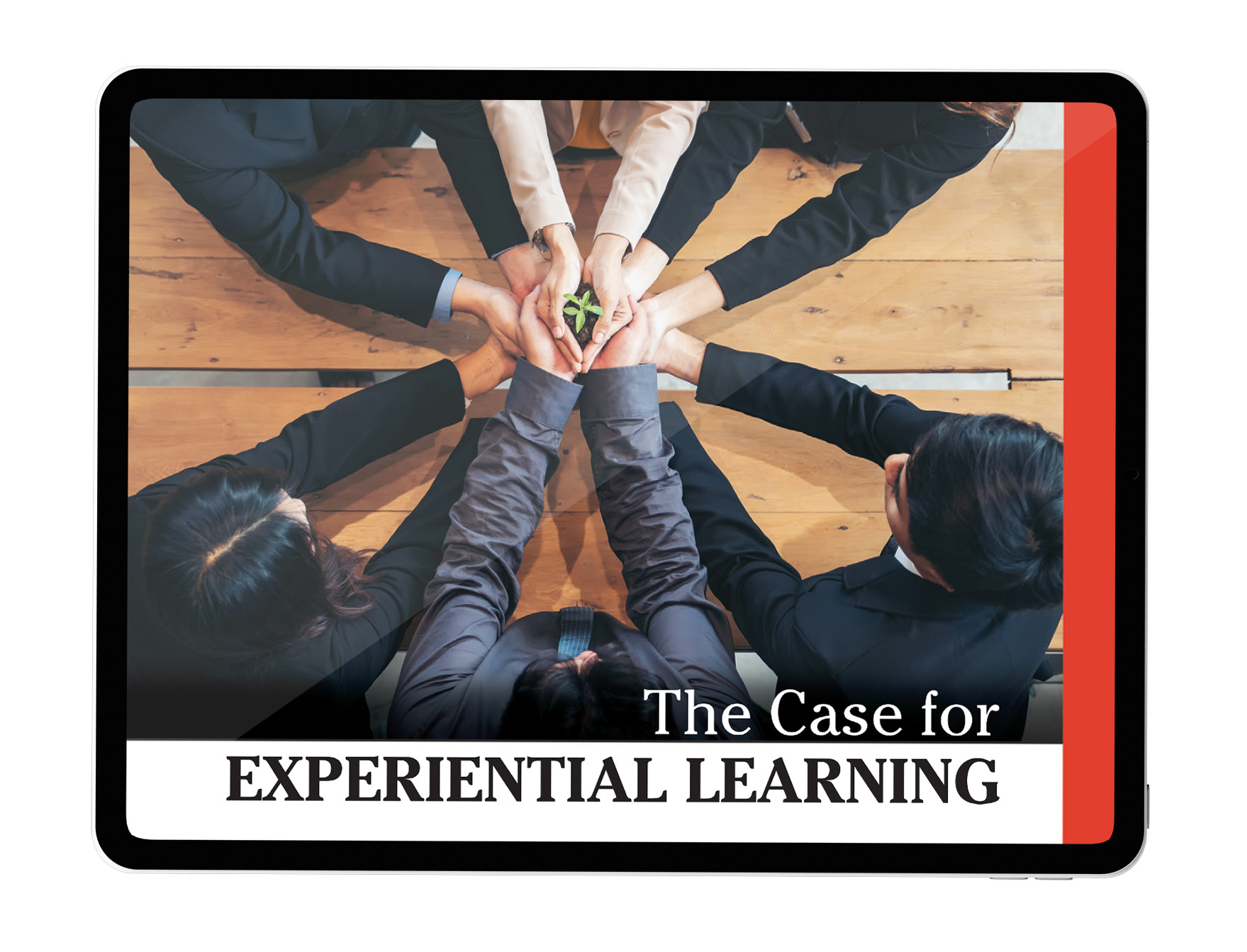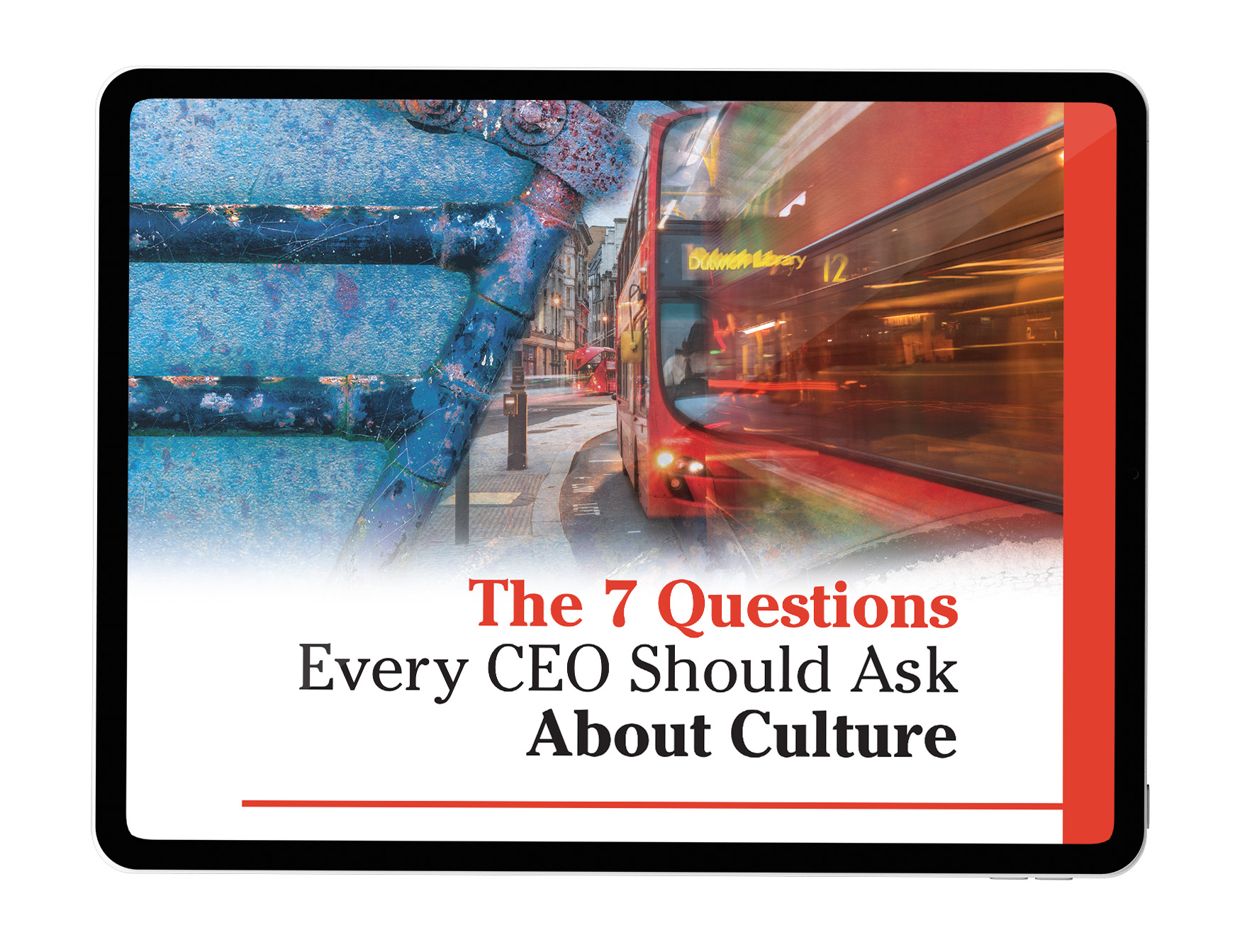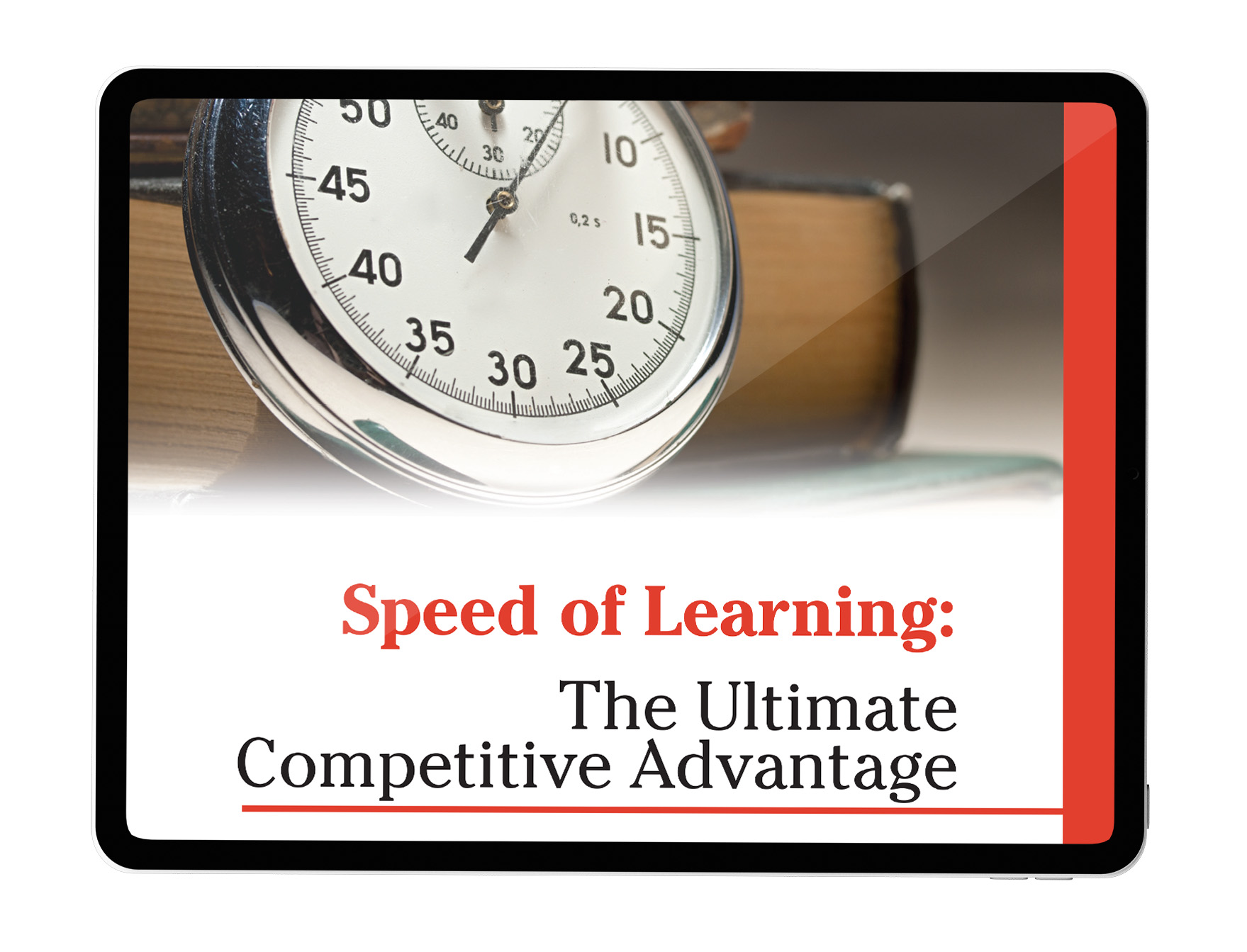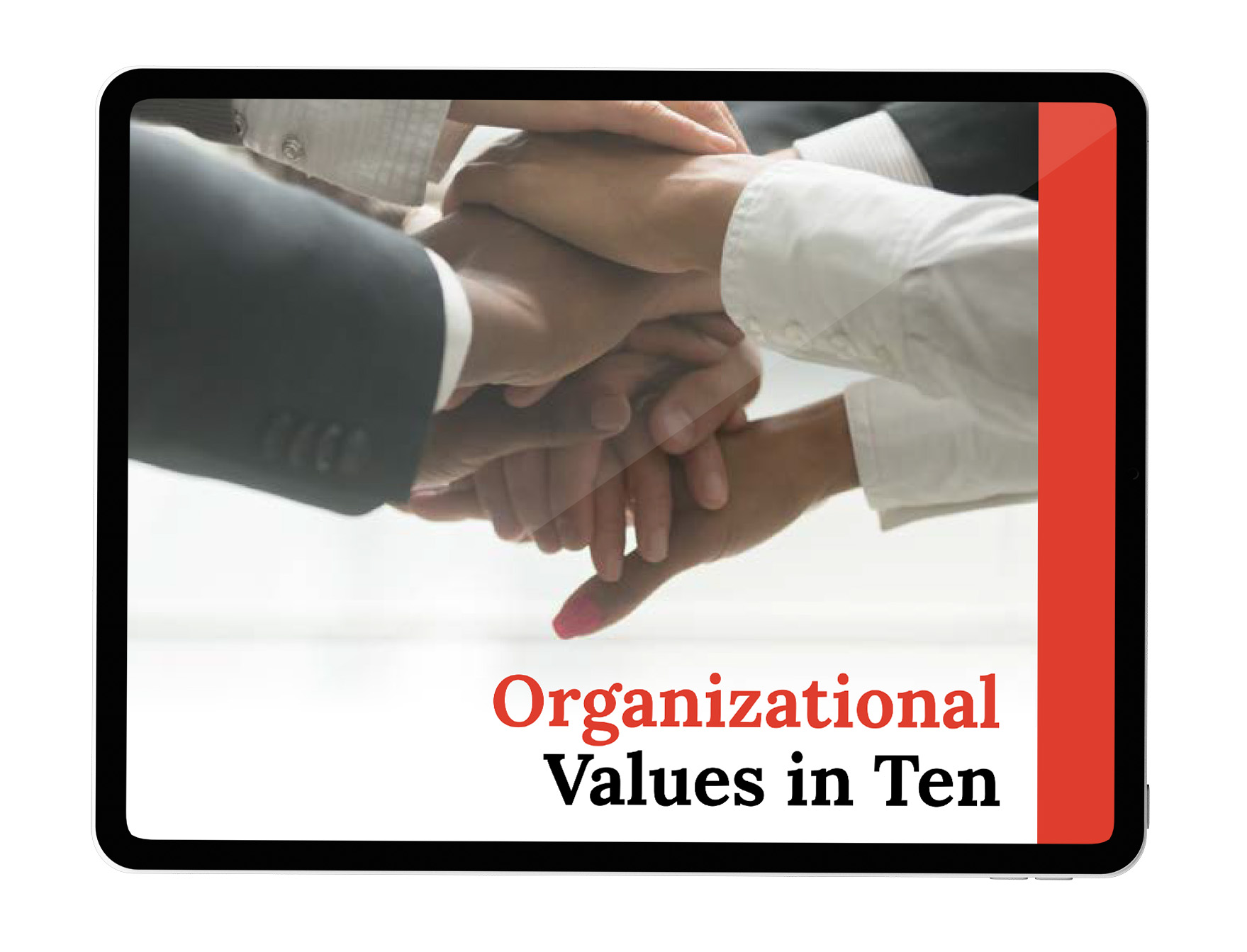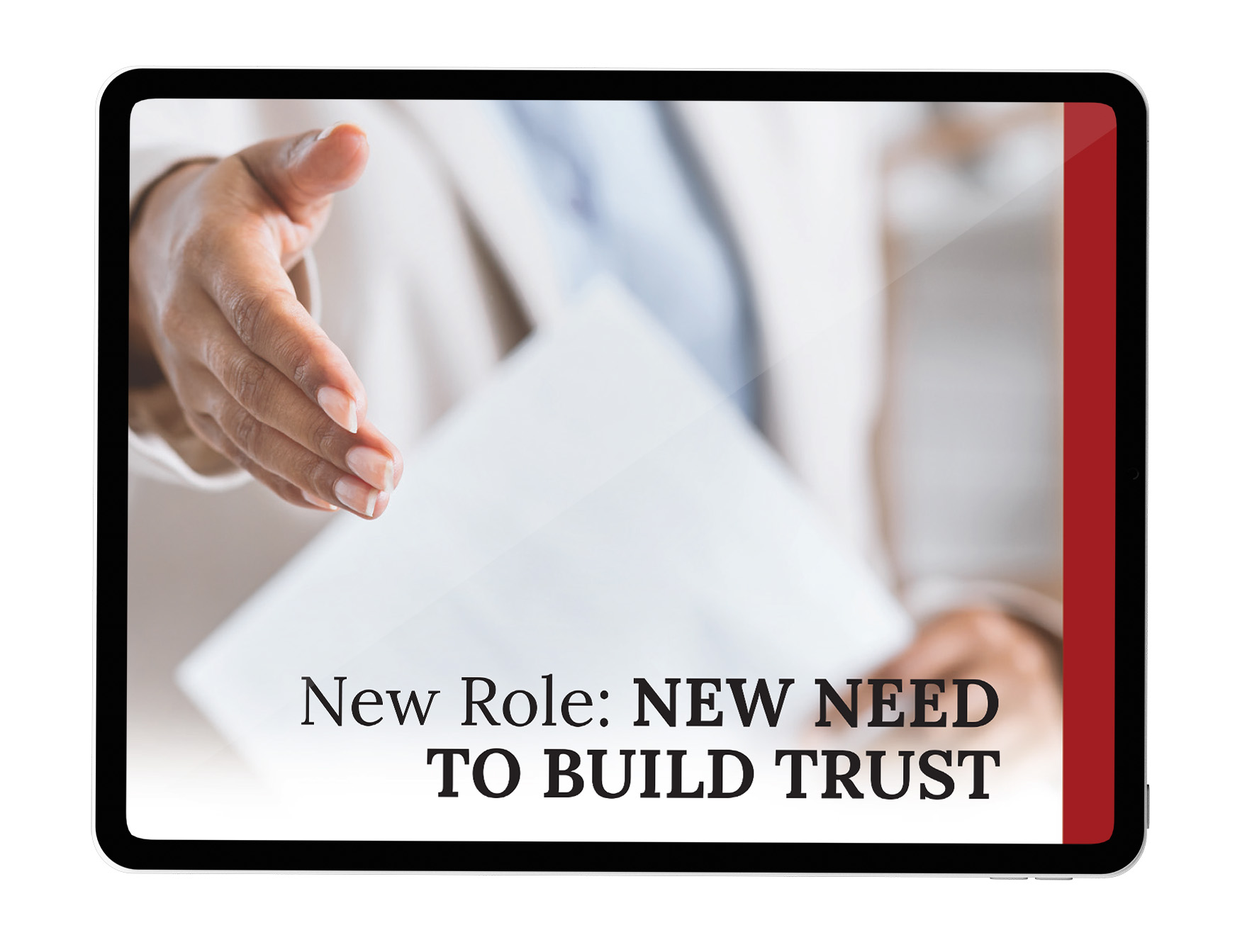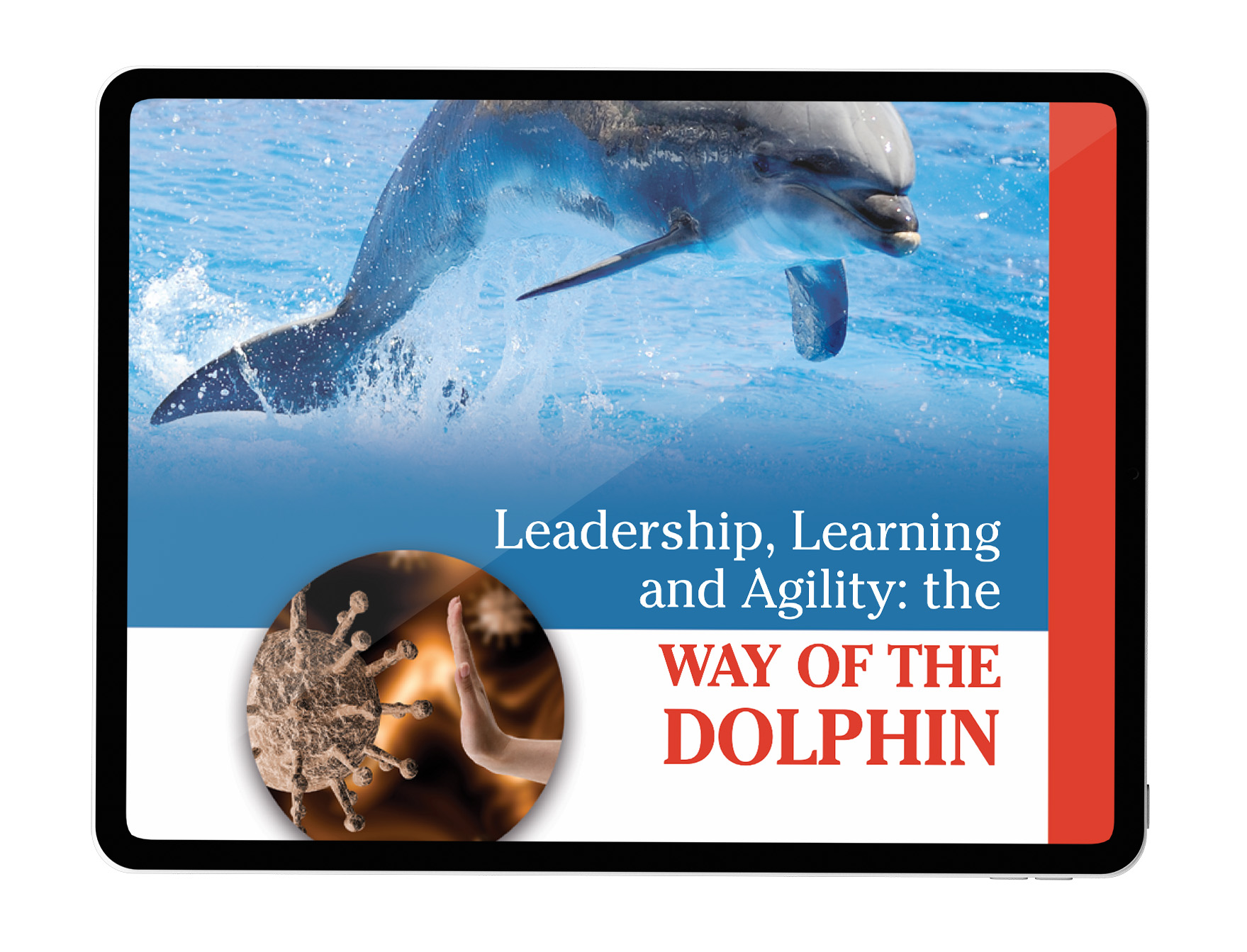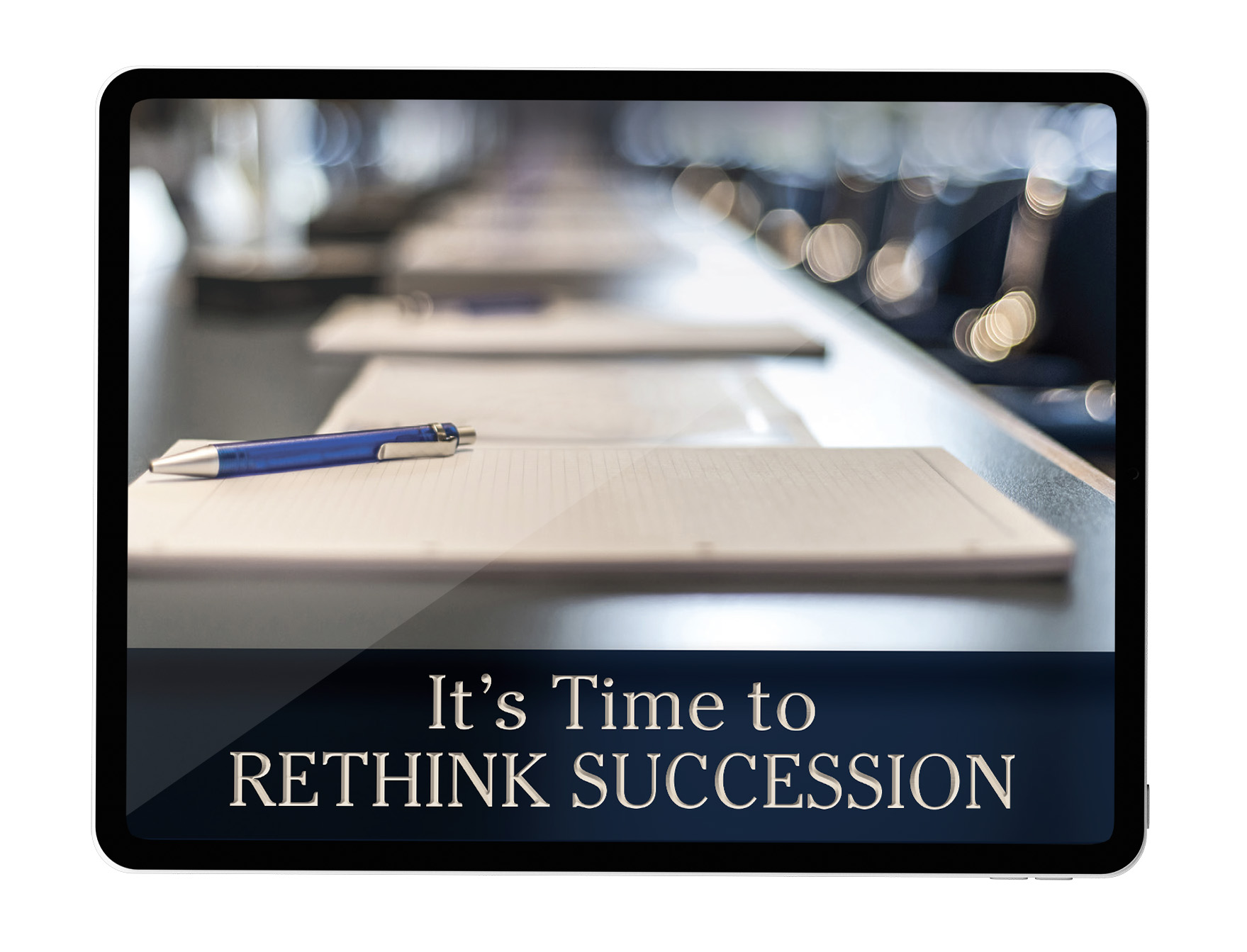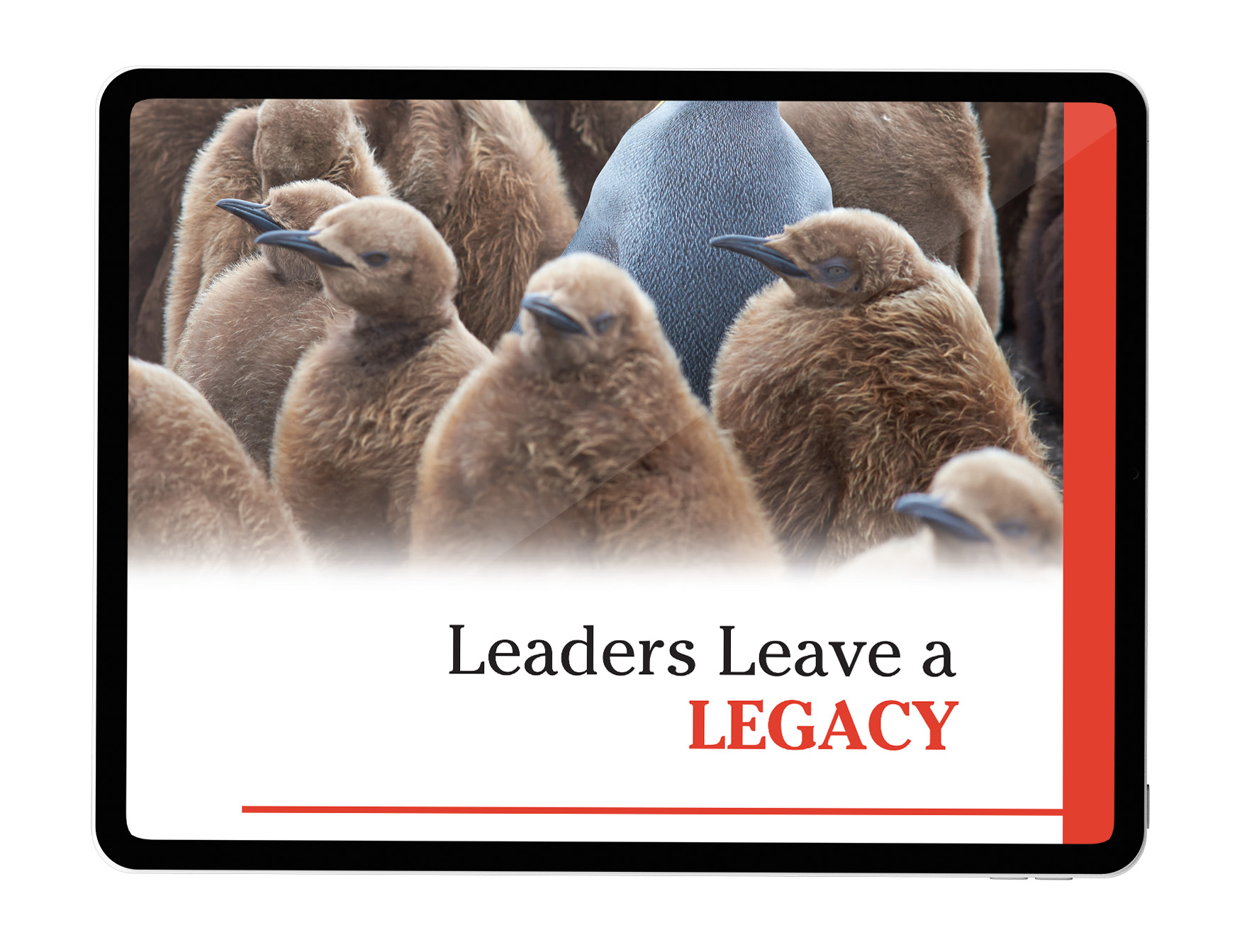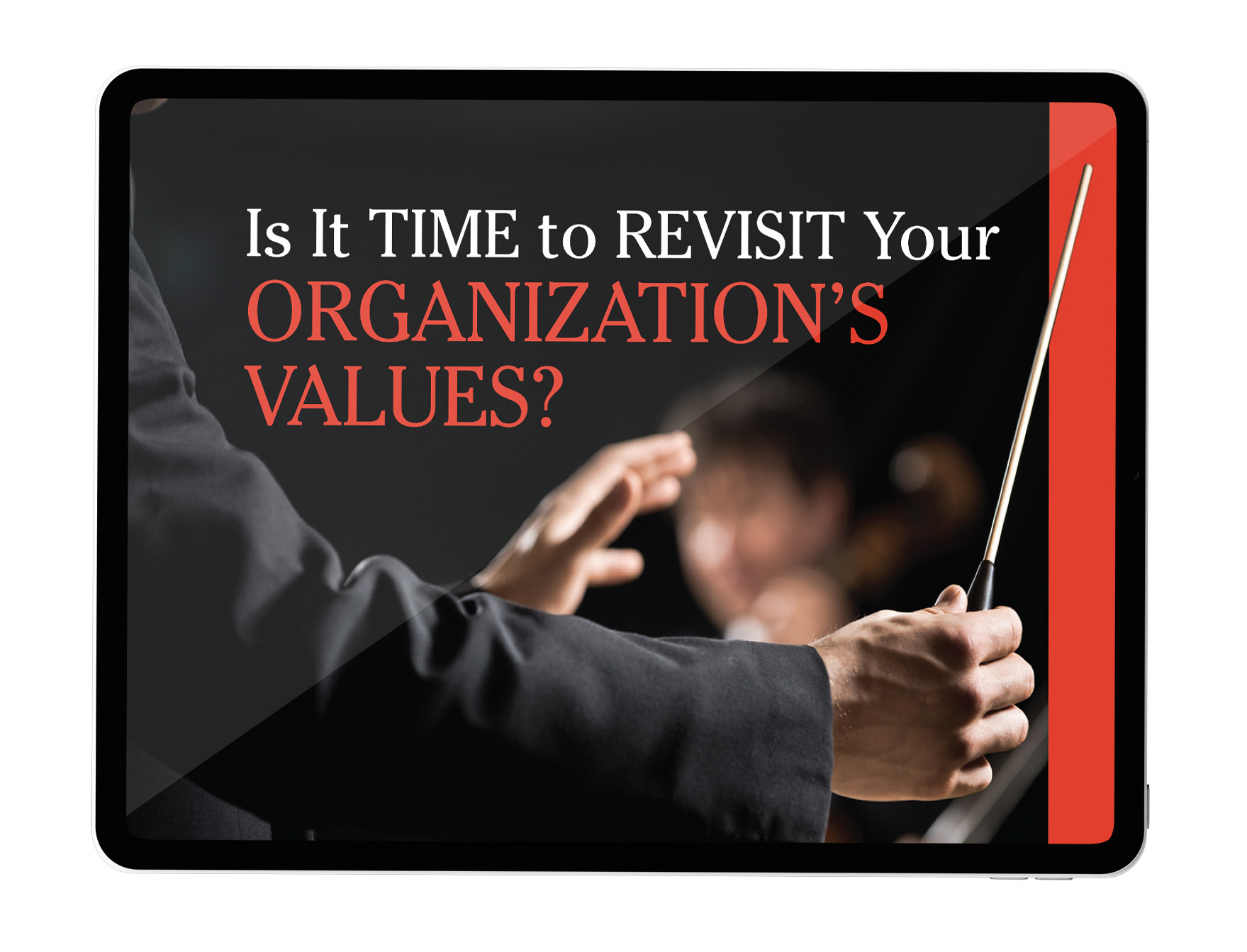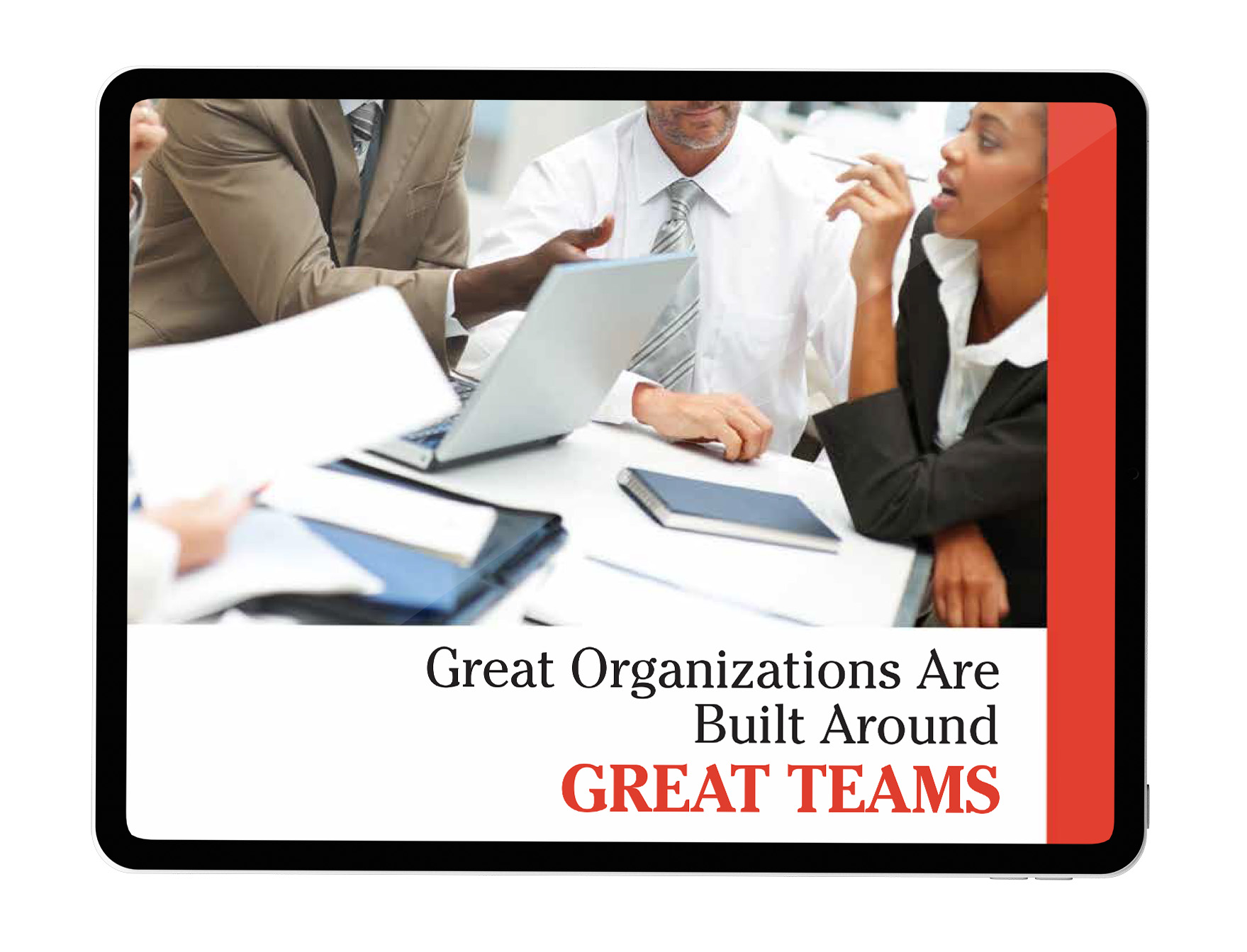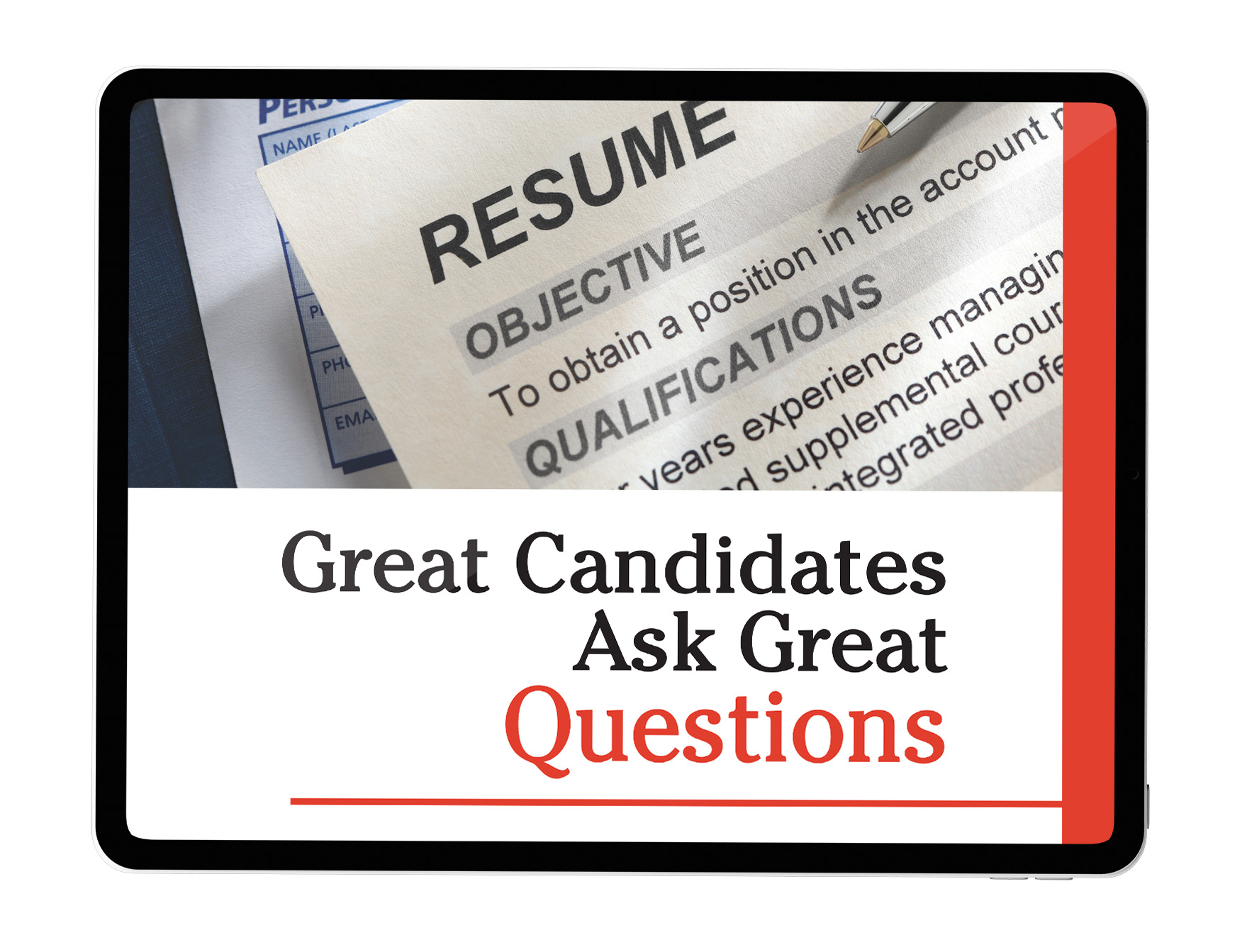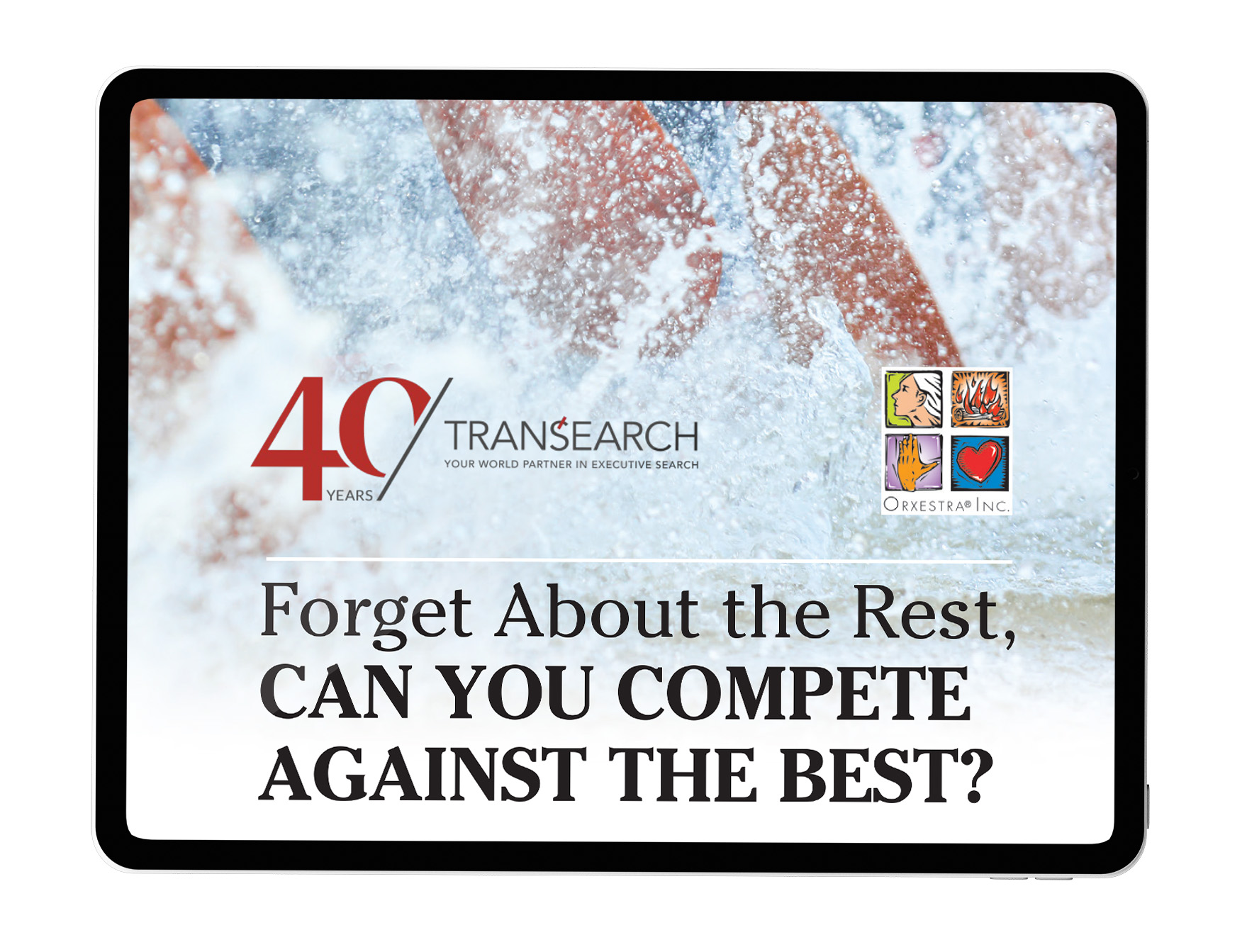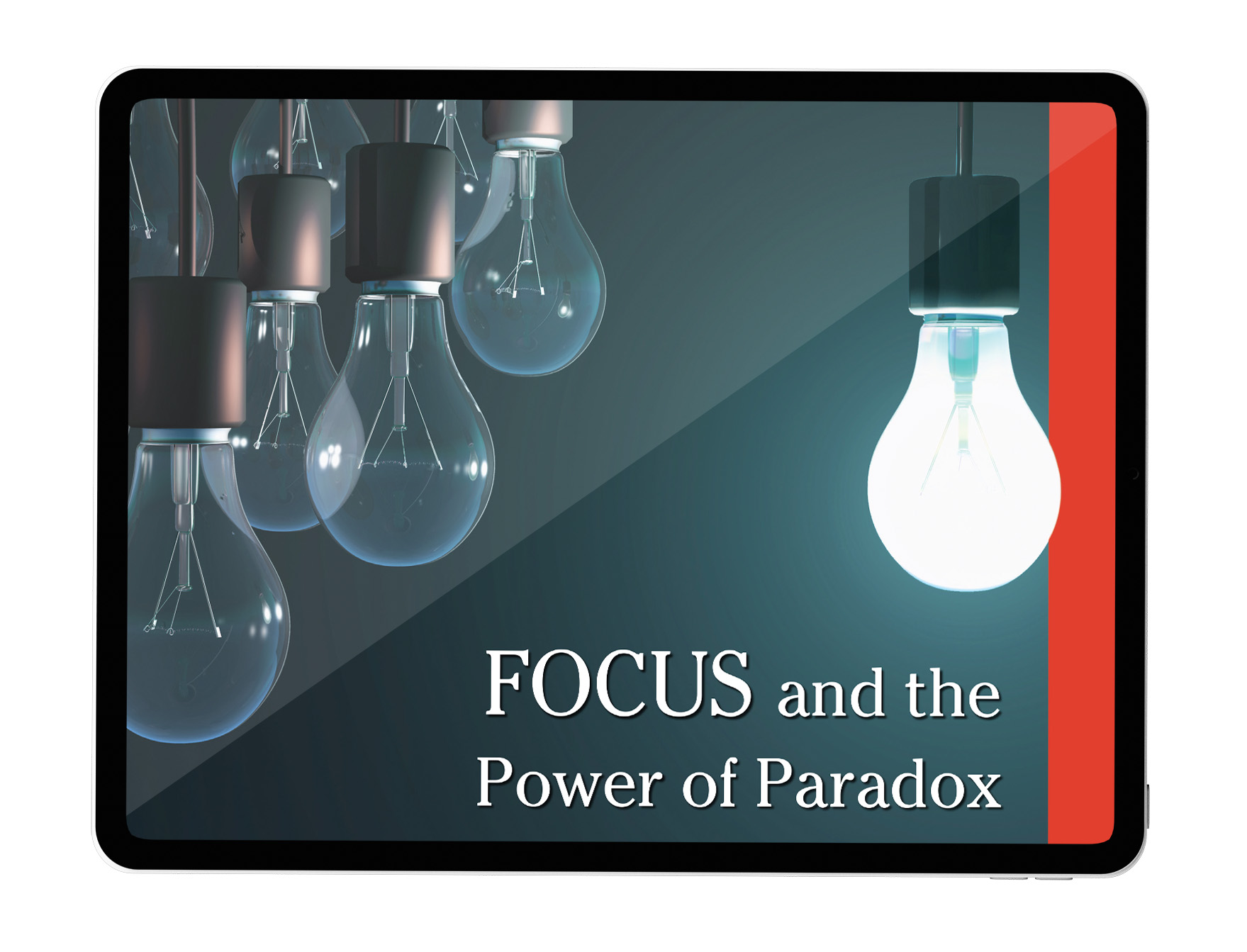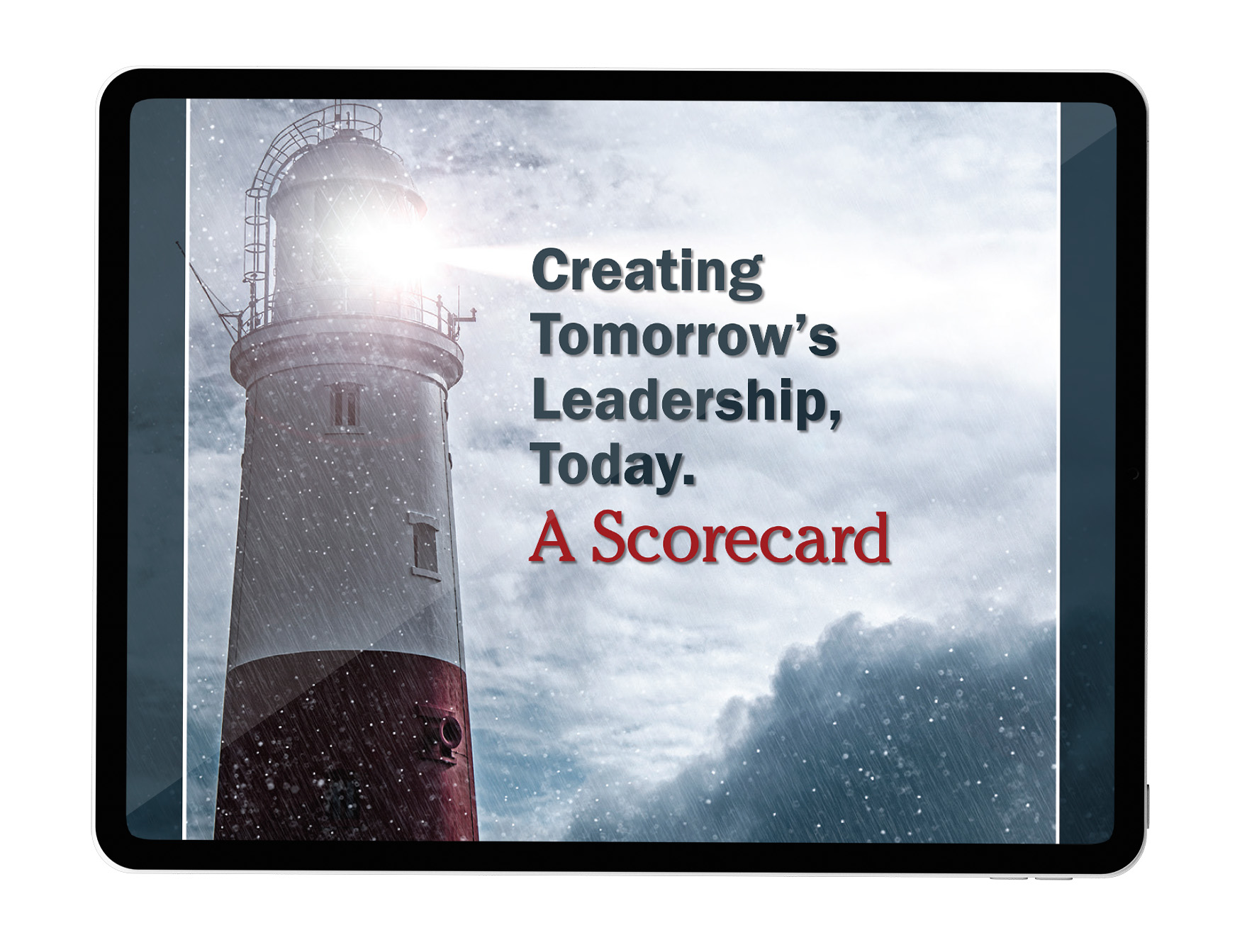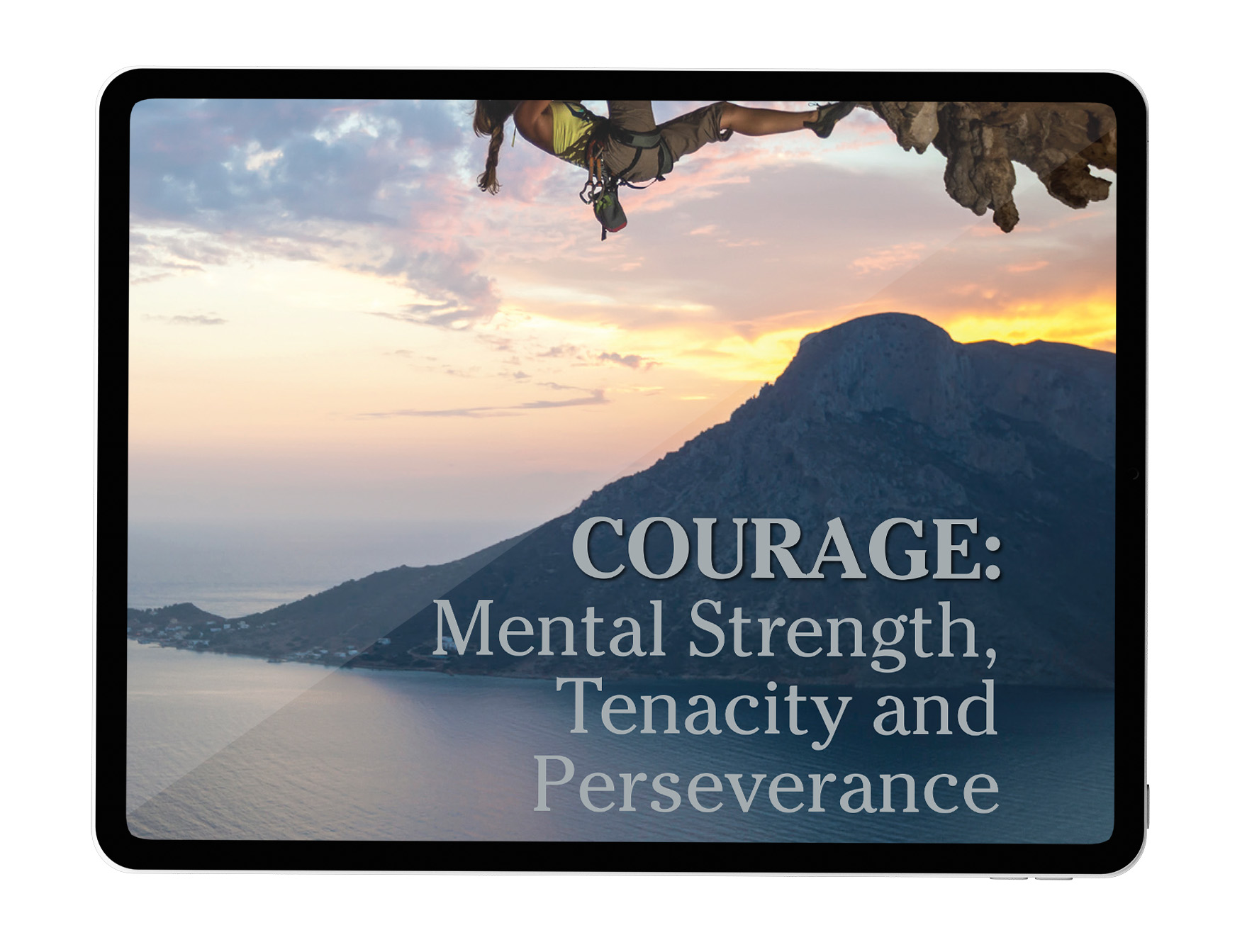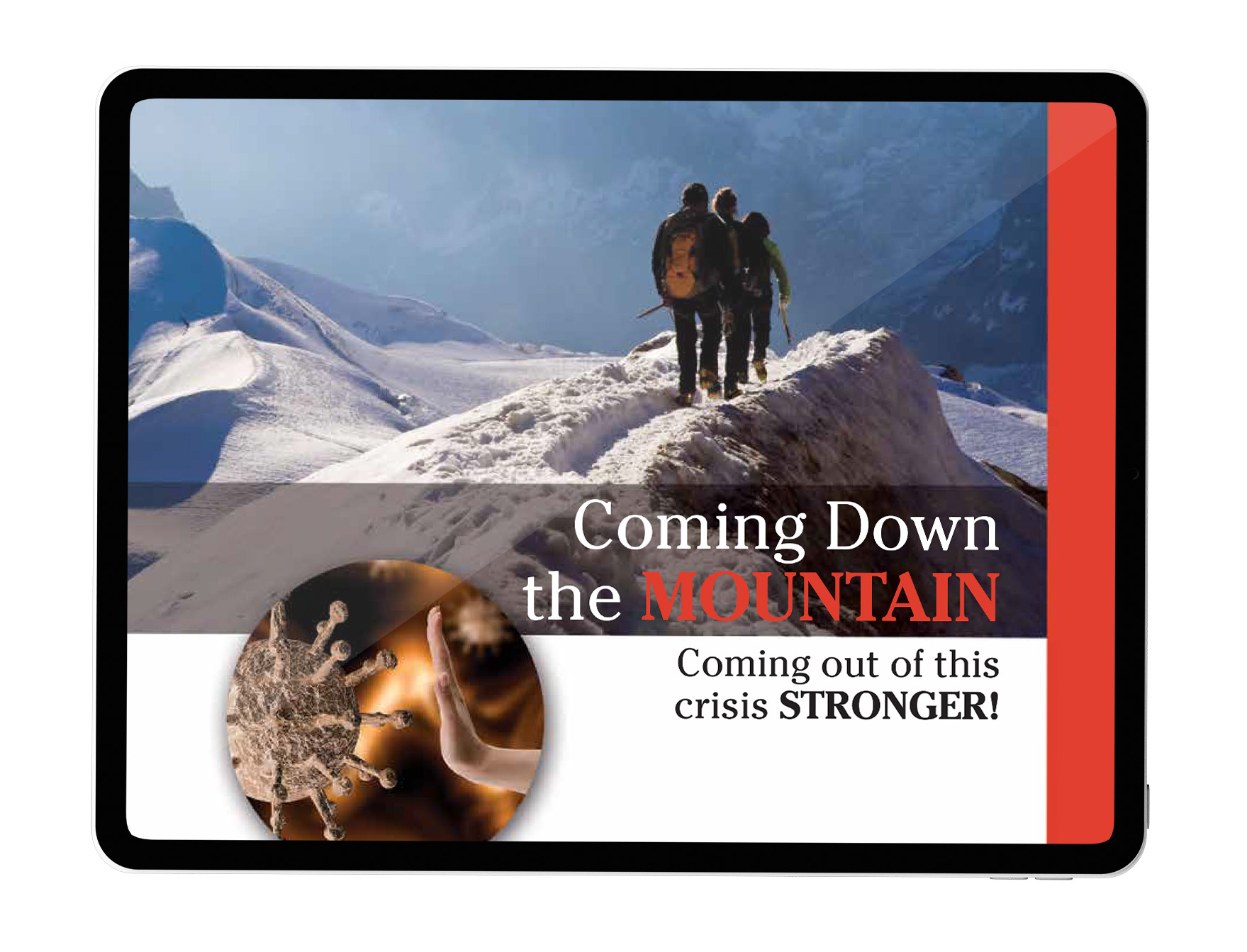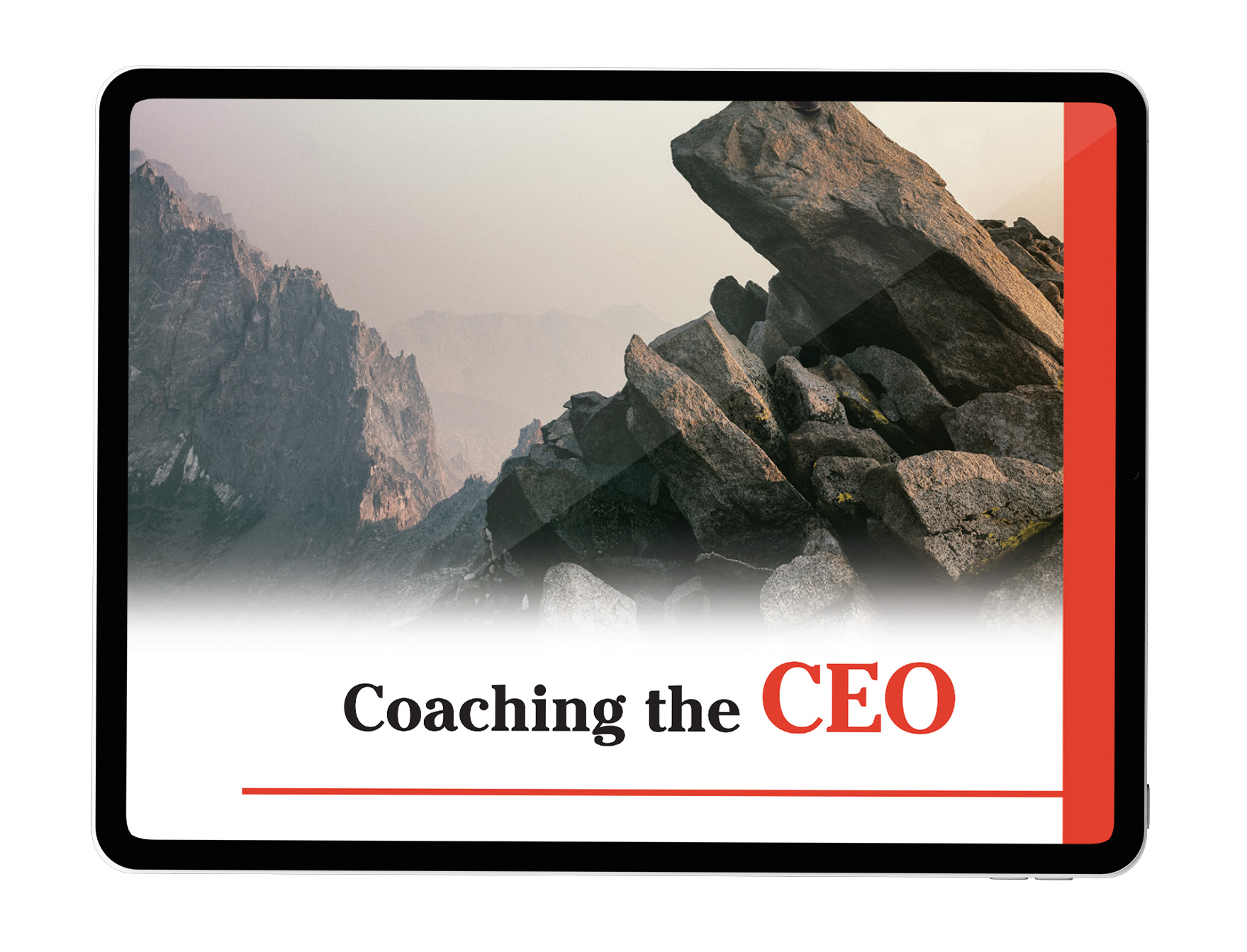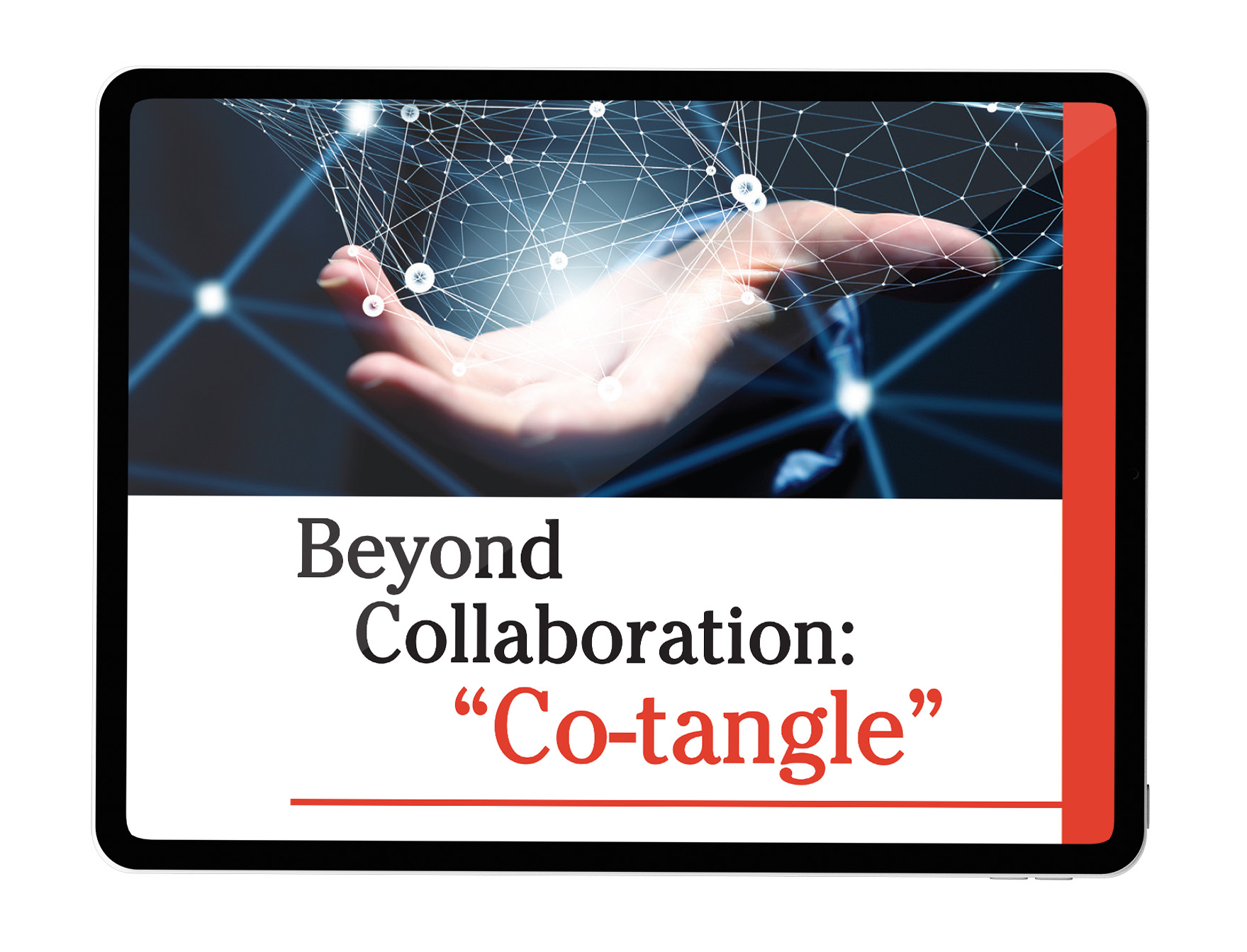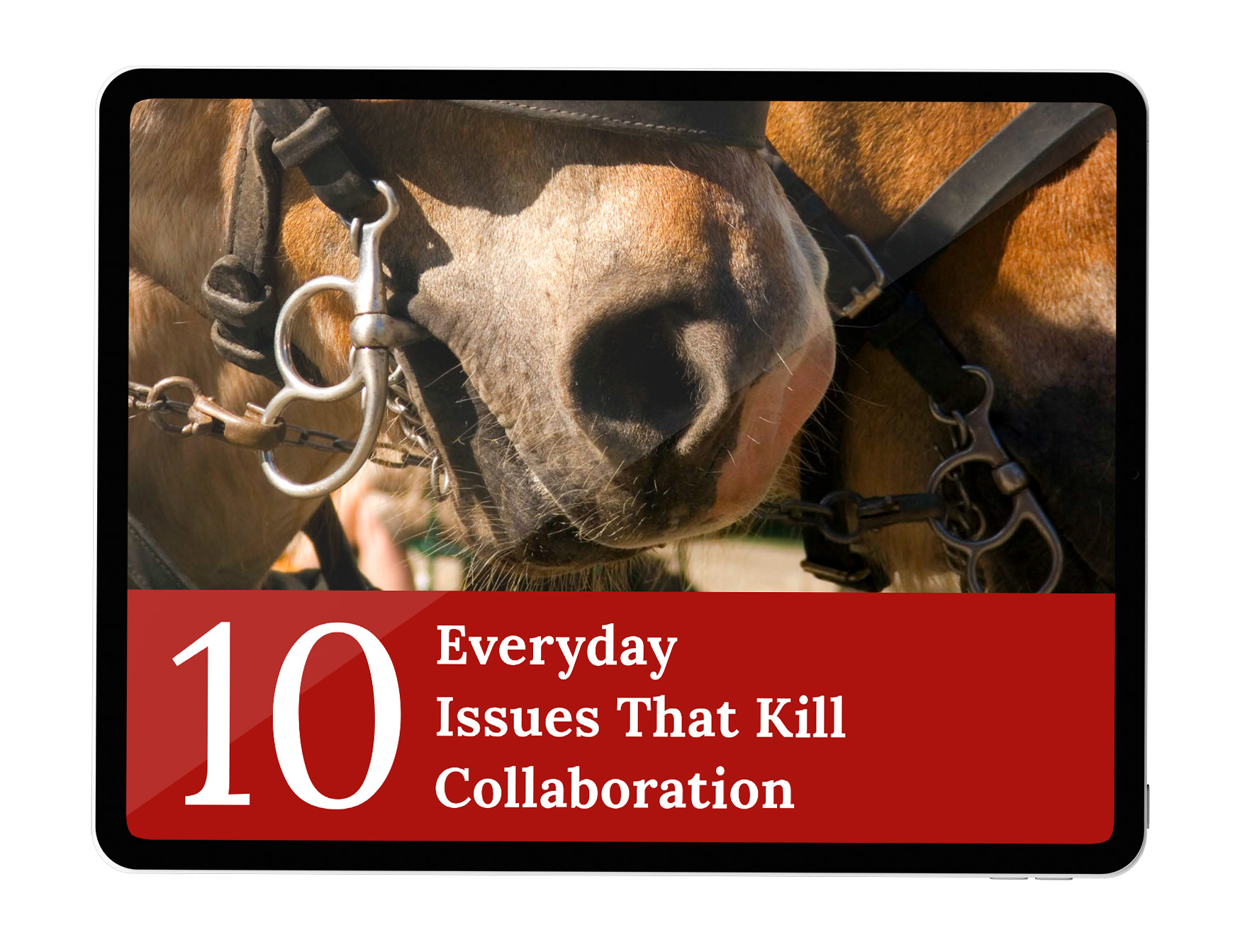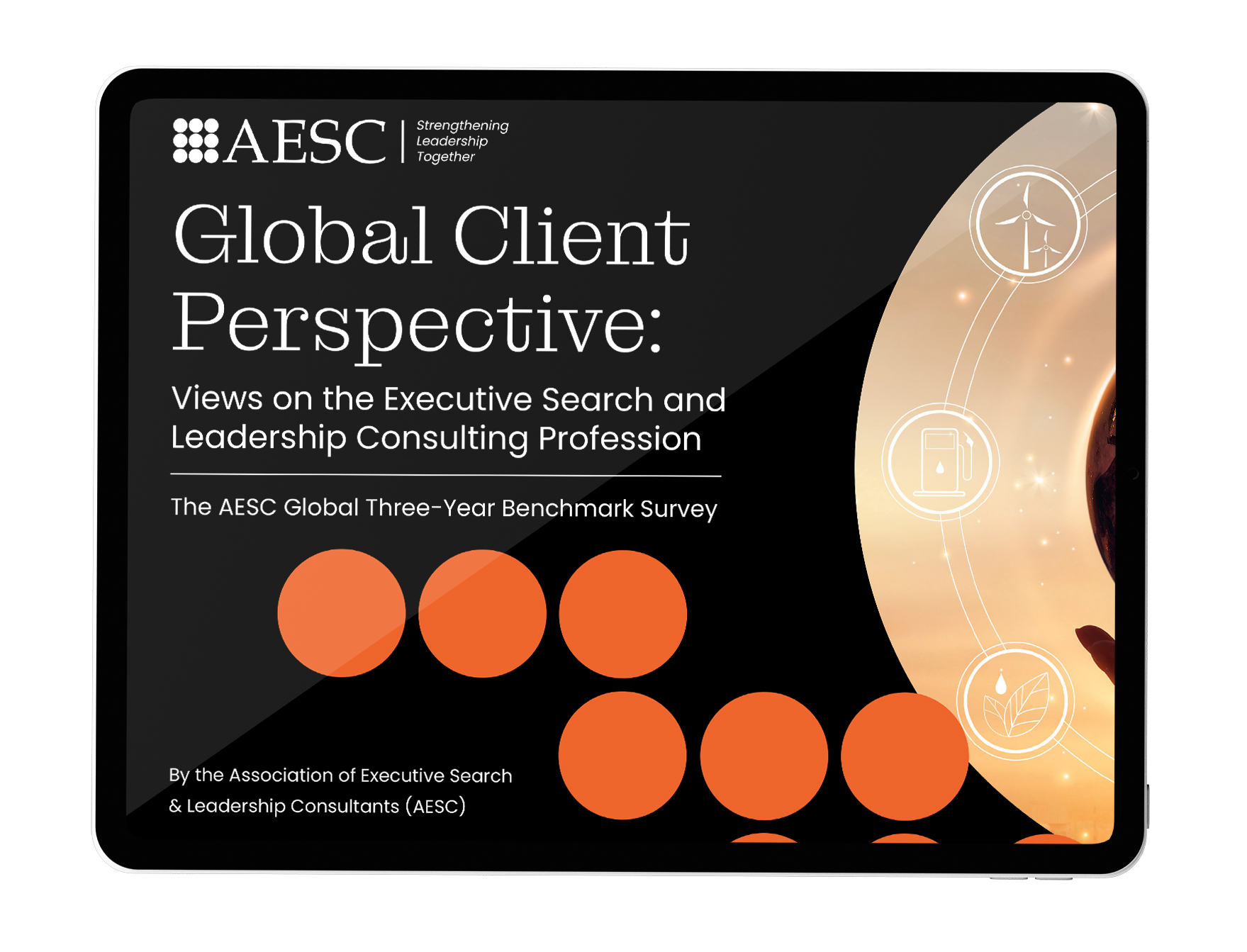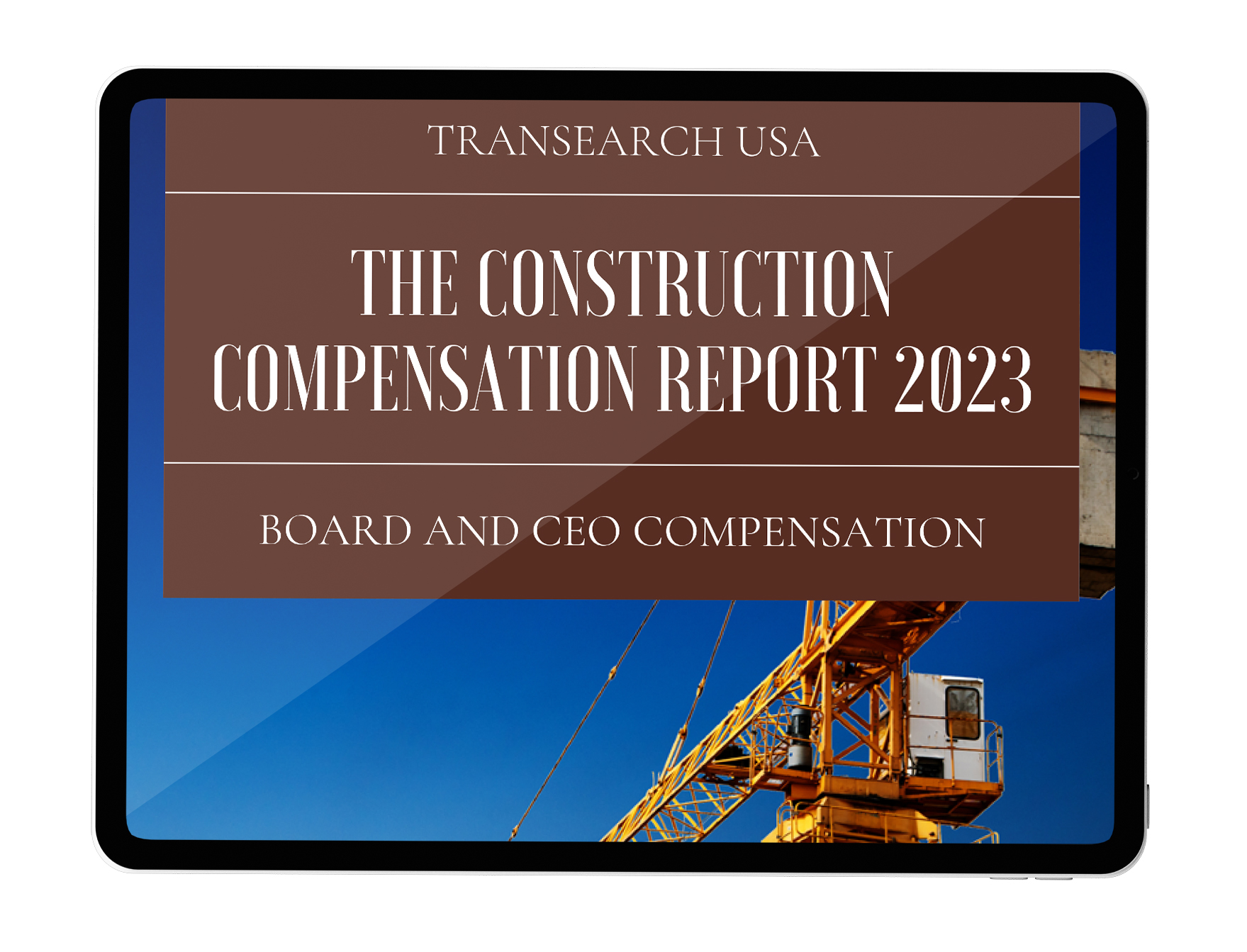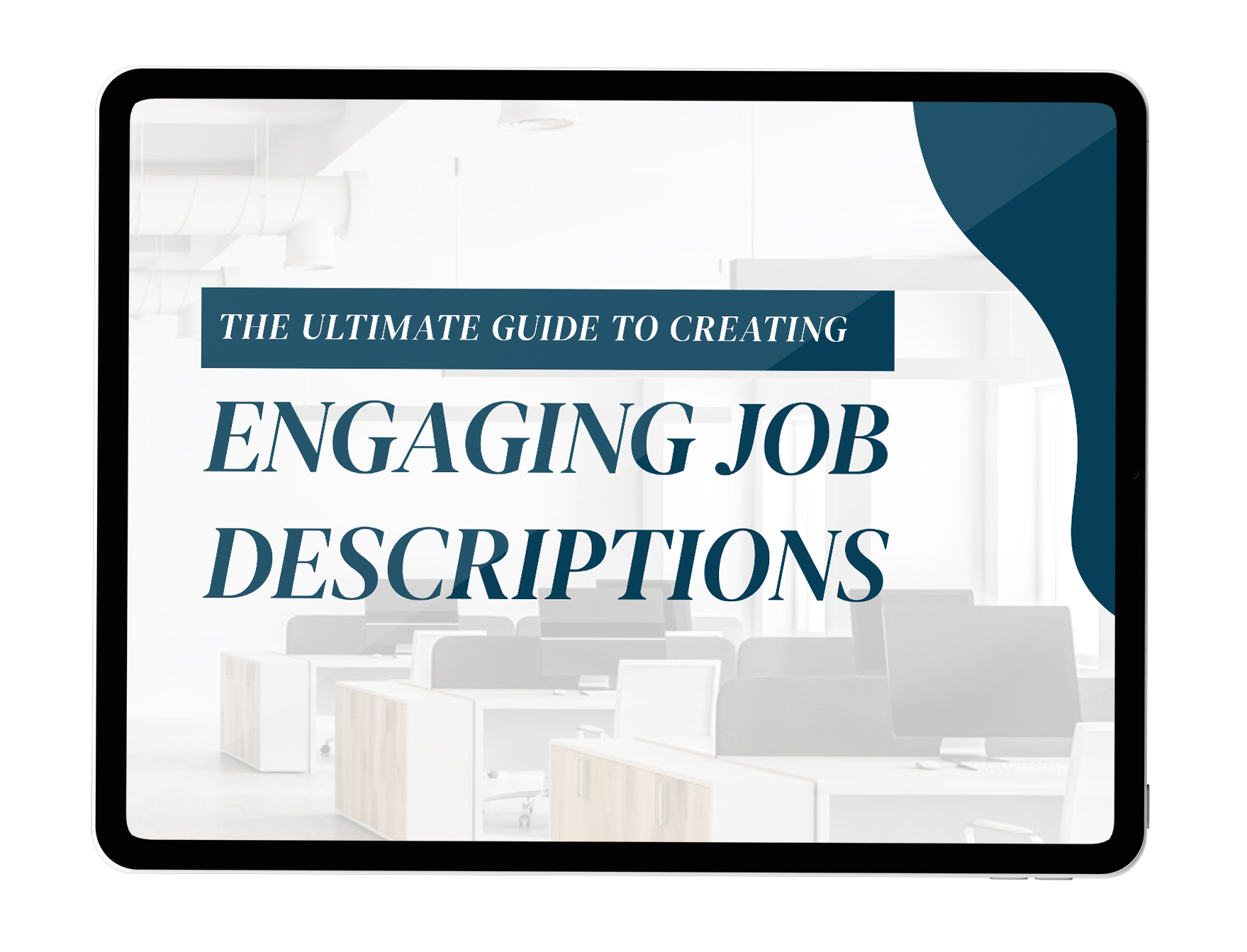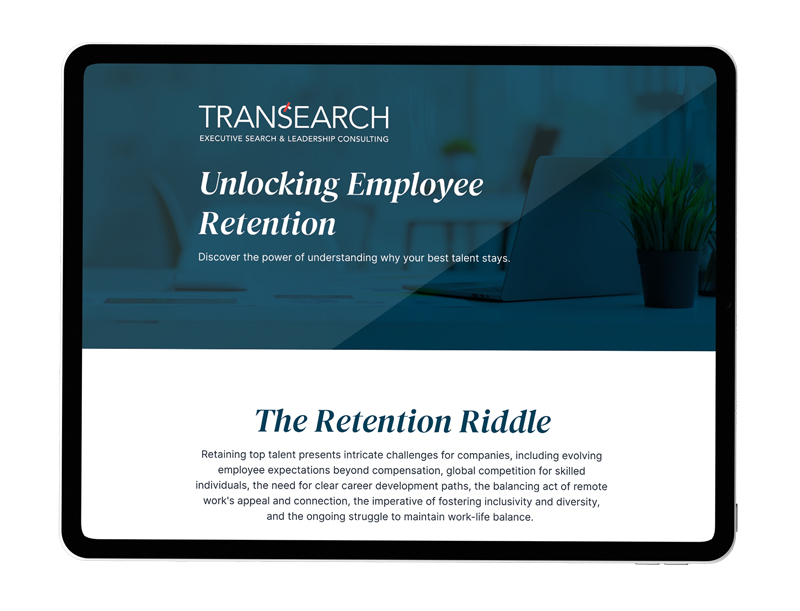In an era of unprecedented change and uncertainty, businesses are forced to reimagine their models and leadership strategies. For organizations looking to remain competitive, the importance of executive talent acquisition cannot be overstated. It’s no longer just about finding leaders with the right skill set—it’s about securing individuals who align with the company’s culture, can drive change from day one, and have the foresight to navigate complex, global markets.

Why Do Executive Assessments Matter?
Leadership decisions can make or break an organization. Effective executive assessments provide a clear lens through which companies can evaluate potential leaders, ensuring they are equipped to tackle today’s challenges.
Companies in sectors such as venture capital, energy, and renewables are facing unprecedented challenges, forcing a reevaluation of traditional business models and strategies. With increasing complexity in global talent search and the need for leaders who can make an impact from day one, executive assessments provide a roadmap to making better hiring decisions. They not only reduce turnover but also ensure a stronger alignment between executives and organizational values, driving long-term success. In fact, the right assessment process can mean the difference between stagnation and innovation.
How to Carry Out Effective Executive Assessments
Adopting a structured and thorough assessment process is crucial to ensuring your organization attracts the right executive talent. An effective executive assessment goes beyond basic qualifications, evaluating candidates’ ability to align with your company’s long-term goals, culture, and industry’s unique challenges.
Below are five tips to guide you through carrying out executive assessments that lead to better hiring decisions and stronger leadership development.
1. Define Success Metrics Based on Future Needs
Before starting the assessment process, clearly defining what success looks like in the role is crucial. What challenges will this executive face? How will your business evolve over the next 5 to 10 years? By establishing clear performance metrics and aligning them with your strategic goals, you ensure that the assessment process evaluates candidates on criteria that truly matter. A forward-thinking approach is essential in fields like architecture, energy, and life sciences, where technological advancements and market shifts are constant.
2. Evaluate Cultural and Personality Alignment for Deeper Insights
Standard interviews alone don’t provide the whole picture. Combining the Hogan Assessment with the Orxestra® Method offers a comprehensive evaluation of leadership style, decision-making capabilities, emotional intelligence, and cultural fit. The Hogan Assessment provides data on personality traits that impact workplace behavior. At the same time, the Orxestra® Method evaluates how well a candidate aligns with the key elements of high-performing teams: culture, leadership, performance, and team dynamics. This dual approach helps reveal whether a candidate will thrive under pressure, align with your company’s values, and excel in complex challenges—especially in fast-paced industries like financial services, renewables, or private equity.
3. Assess Leadership Development Potential
It’s not just about what a leader can do now but what they can achieve in the future. Effective executive assessments should include a thorough evaluation of a candidate’s leadership development potential. At TRANSEARCH, our assessments focus not only on past achievements but also on how well candidates can adapt, innovate, and lead teams through change. This ensures your leaders can grow with your company and remain effective through business transformations.
4. Simulate Real-World Challenges
Executives are expected to make high-stakes decisions, often with incomplete information. Incorporating simulations or case studies into the assessment process provides valuable insights into how candidates think, respond under pressure, and solve complex problems. For example, leaders must navigate regulatory changes, market volatility, and stakeholder expectations in the fast-evolving renewables or cleantech sectors. These simulations show how potential leaders will perform when faced with similar high-pressure situations.
5. Leverage External Expertise
Navigating the complexities of executive talent acquisition across multiple markets and industries is no small feat. Partnering with an executive search firm like TRANSEARCH gives you access to global talent pools and a proven methodology for assessing leadership potential. This external expertise ensures that you make informed hiring decisions, mitigating turnover risk and increasing the chances of long-term success. With access to deep market insights, industry trends, and assessment best practices, you can be confident that your executive talent decisions are aligned with your company’s future.
Unlock Long-Term Success With Executive Assessments
Executive assessments are essential in finding leaders who can make a lasting impact on your organization. The correct assessment process can save your company time, reduce turnover, and ensure alignment with both present needs and future goals. As industries face unprecedented change, particularly in sectors like renewables, private equity, and financial services, making the right executive hire has never been more critical.
Contact TRANSEARCH today to learn more about how we can help you identify and assess leaders who will drive your business forward: https://transearchusa.com/contact/













